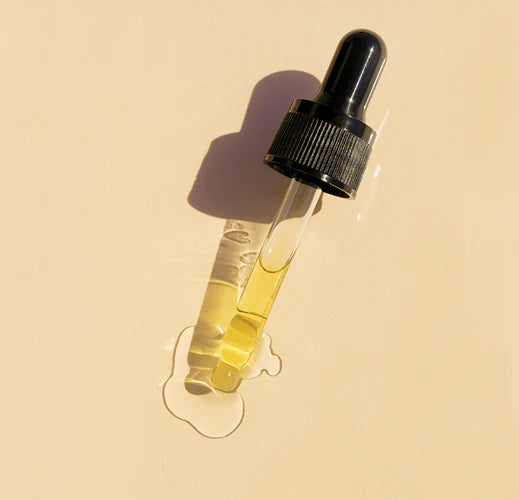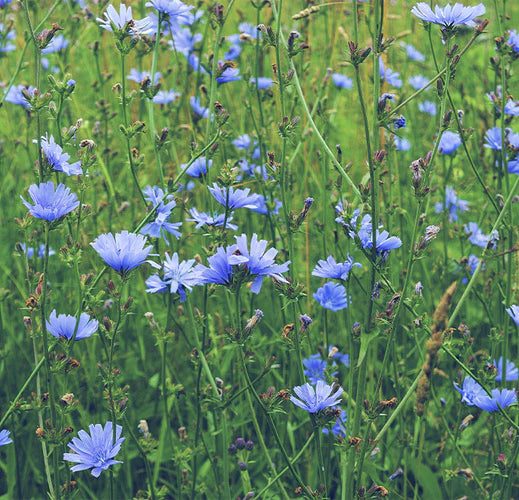April is Rosacea Awareness Month and we know first-hand how upsetting and stressful this condition can be.
What is rosacea?
A combination of potentially bacterial/fungal, inflammation that results in weakened capillary walls, hence the flushing, redness, irritated skin and breakouts. What causes it? No one's 100% sure.
Triggers
One of the best ways of managing Rosacea is to identify and avoid your personal triggers to minimise flare-ups. Some of the most common triggers are sun exposure, exercise, spicy food, alcohol (particularly wine containing additives like sulphates), dairy, citrus fruits, hot drinks or wind and certain skincare products. Keep a 'trigger diary' to see what causes your flare-ups.
Skincare can help
Skin can feel hot, hypersensitive even painful and sore, so anti-inflammatory products with actives (MSM, Colloidal Oats, Gotu Kola) that boost collagen production but also strengthen collagen fibres are ideal to help reduce symptoms and strengthen weak capillary walls. Anti-fungal/bacterial products such as colloidal silver can also help.
|
Isotonic Hydra Serum A lightweight deeply hydrating, calming and soothing serum that can be worn undetected under moisturiser or SPF to keep skin balanced, calm and redness reduced. |
 |
|
Rest Day Comfort Cream A nurturing moisturiser designed with our Bio-Mimetic Nutri-Barrier Complex that supports and restores each of the skin's vital barrier functions. |
 |
|
MSM Bio-Plus MSM is a naturally occurring organic sulphur compound found in every living cell. It acts as a powerful anti-inflammatory which in turn can reduce skin flushing and supports collagen production to help keep skin firm and capillaries strong. It is also vital to a vast range of biological processes including glutathione, collagen, amino-acid and keratin production. |
 |
Skincare to avoid
- Alcohol (Ethanol, Denatured Alcohol, SD Alcohol) – Can dry out and irritate sensitive skin.
- Fragrances (Synthetic & Essential Oils) – Can cause redness and allergic reactions.
- Menthol, Eucalyptus, and Peppermint – Cooling ingredients that can trigger flare-ups.
- Witch Hazel – Often too astringent for rosacea-prone skin.
- Sulphates – Found in cleansers and foaming products; can strip the skin barrier.
- Exfoliating Acids – Strong chemical exfoliants can be too harsh.
- Retinoids – Can cause dryness and irritation if not introduced carefully.
- Heavy, Occlusive Creams (Petroleum, Mineral Oil, Lanolin) – Can trap heat and make rosacea worse.
- Physical Exfoliators (Scrubs, Brushes, Microdermabrasion) – Can cause micro-tears and worsen inflammation.
Diet & Rosacea
Some individuals find that dietary changes can impact their rosacea symptoms. Incorporating a diverse range of fruits, vegetables, nuts, and fermented foods may support overall skin health.
Need inspiration?
Try some of our recipes below
|
Mexican Anti-Inflammatory Pan-Fried Mackerel Fillets with Avocado Sweet-Sour Salad |
 |
 |
|
|
Georgie's Sleep Supporting Smoothie
|
|
|
Curried Butternut Squash Noodle Soup
|
 |





